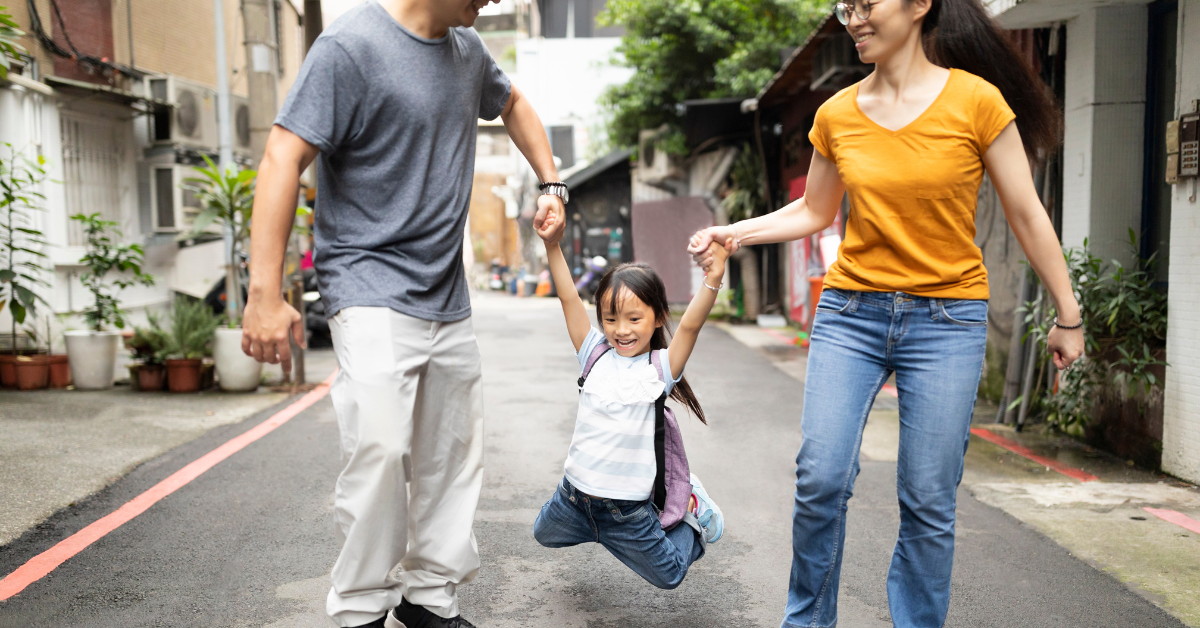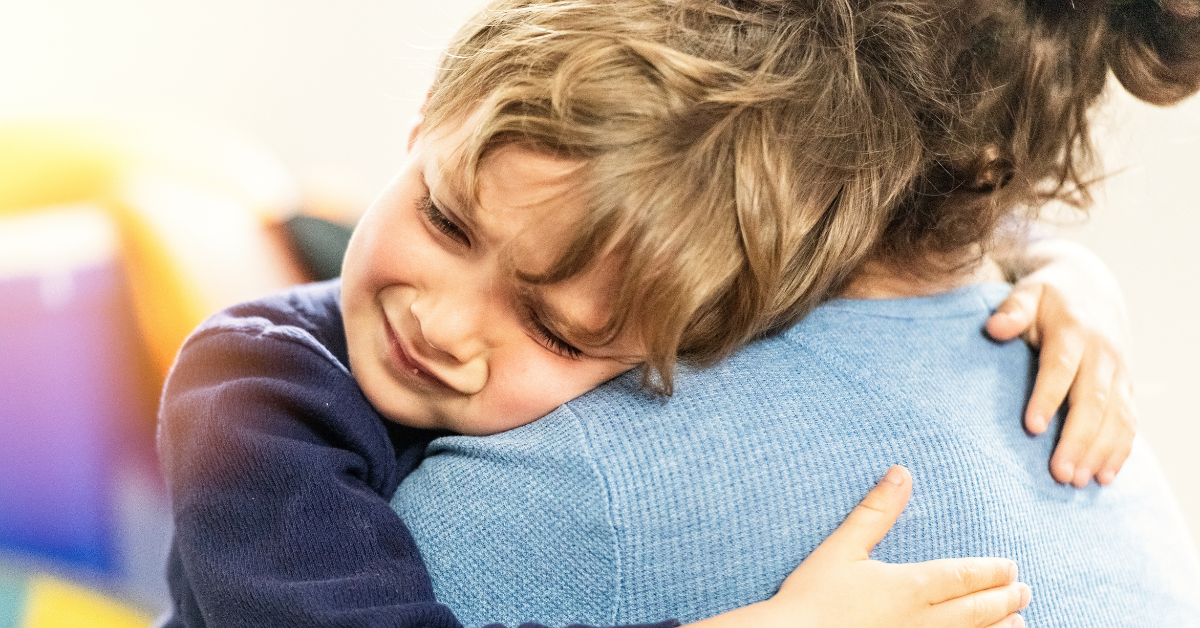
How to Discipline in the Heat of the Moment
Parents who don't want to yell at or threaten their kids sometimes feel lost as to what to do in the heat of a difficult parenting moment. What do you do with misbehaving children? How do you calm your child down and get them to listen? Our ingrained, habitual response may be to shout and threaten, but that scares our children and does not help them listen in the long run. This article will talk about how to stop a child from yelling.
Before we dive in, let's talk about discipline vs. punishment. We usually think the meaning of the word discipline is creating obedience through punishment, but I invite you to consider another way of seeing it. The Latin roots of the word are disciplina, meaning, “teaching, learning, knowledge,” and discipulus, "pupil, student, follower.” What if, therefore, we thought of loving discipline as teaching, mentorship, and modeling for our children?
The purpose of discipline is to teach, to model problem-solving, with the end in mind of raising our children to be emotionally healthy, well-adjusted adults. Compassionate discipline starts with ourselves, and with that in mind, let's get to these 7 discipline skills. These are appropriate for all ages, but particularly discipline methods for toddlers and disciplining a sensitive child.

Calm your stress response.
Our fight-flight-freeze stress response cuts off access to the logical, empathetic, problem-solving parts of the brain. To respond skillfully, you need your whole brain online. Calm down YOU first. Children learn self-regulation when their parents are self-regulated. You can model for your child how to be less reactive. This is SO important, it is the very foundation of what we do in Mindful Parenting. (If your goal is to stop yelling, make sure you grab my free resources here.)
Tell yourself: “This is not an emergency.”
99% of the time we can take a moment to breathe and calm ourselves, so that we can choose a thoughtful response rather than react on autopilot. You don't have to react right away! Tell yourself, "this is not an emergency." Then you can actively choose a style of discipline that teaches your child real skills rather than scares them.
Describe what you see nonjudgmentally.
When you describe the events (without using judgmental language), you are making the problem explicit to everyone. You can describe the environment, the people, the feelings: “I see you are very upset, there is a broken toy over there, and your brother is crying and mad. What a difficult situation!”

Get curious & listen.
Kids are not melting down on purpose. You may have a highly emotional child. When kids are triggered into distress, it’s a physiological reaction. Instead of getting blameful, get curious: what happened? What needs was your child trying to meet? Don’t be judge and jury. Instead, be a curious listener to your child.
Help your child get calm.
Your child may need to “borrow your calm.” They may need a hug and some breathing together. You can calm your stress responses together. Don’t attempt to problem solve until everyone is calm. Parenting sensitive children means attending to their emotions first, which is ultimately more effective. Disconnection and more resistance are some of the effects of fear based parenting.
It’s okay if you are not a bottomless pit of empathy.
You’re human and these situations are often triggering. It’s better to take a break and remove yourself from the situation than to scream at your kid. Say out loud, “I need to take a moment to calm down, because I can feel the upset in my body. I’ll be right back.” Offer yourself compassion: this is HARD! For more on how to stop yelling, see this post.
Finally, talk it out.
How was your child feeling? What were they thinking? What could they do next time? Think of yourself as a coach, rather than one who has to dictate the behavior. Include your child in the problem-solving process. That’s how they learn! This is why discipline is important for a child—it's all about learning.

Mindful Parenting helps parents from around the world stop the harmful cycle of reactive parenting, communicate in positive ways with their children, discipline with love, and change harmful generational patterns. To learn more about Mindful Parenting, get on the wait list at mindfulparentingcourse.com.
Do you want to go deeper? I've written a whole book about changing your own autopilot reactions and creating a relationship with your child based on love and mutual respect. It's called, "Raising Good Humans," an international best-seller, and you can find it here.
